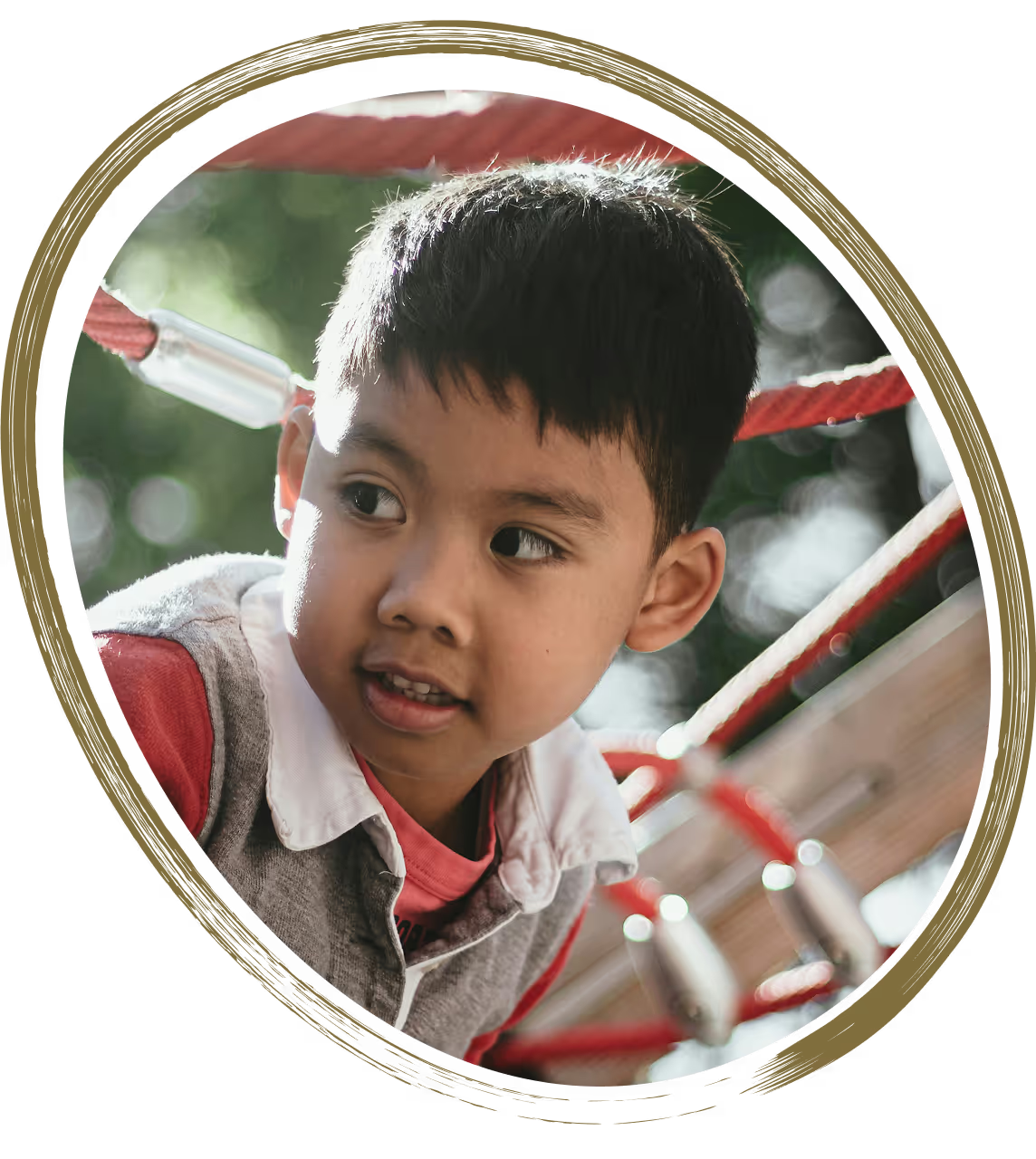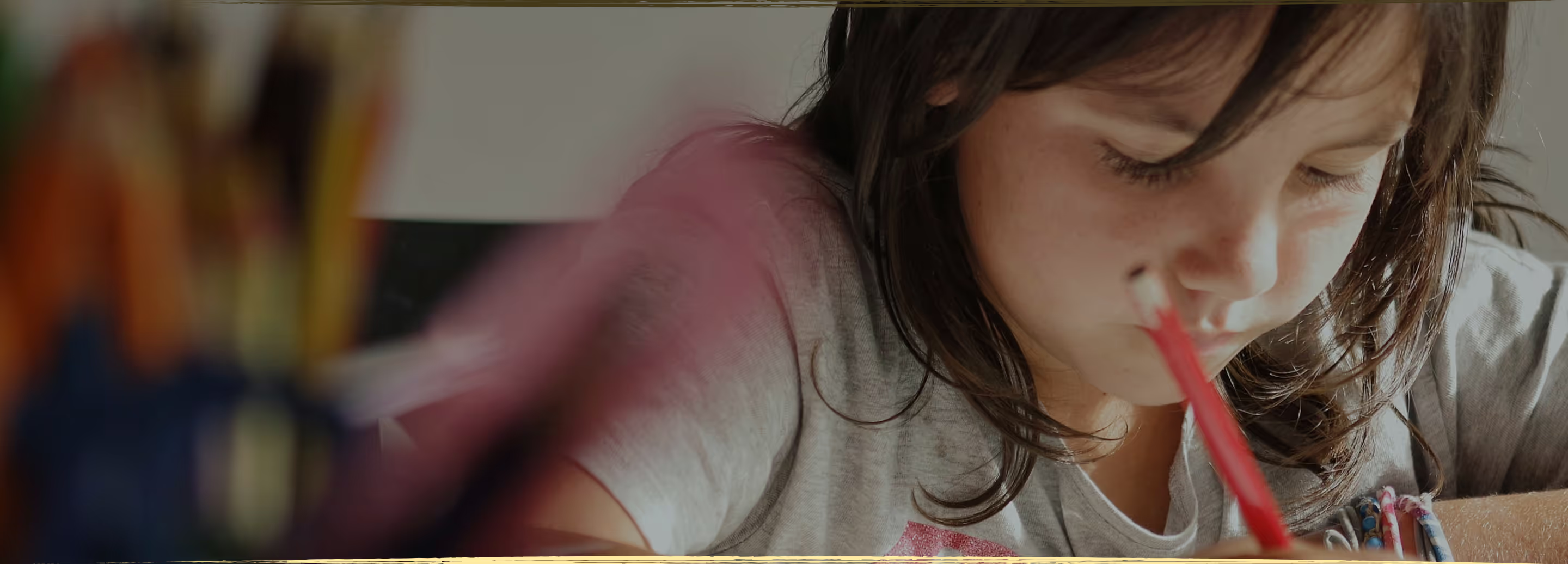Simplifying the Autism Testing Process with No-Cost ADOS Testing.
Step-by-step guidance for families looking for autism testing and screenings— from first questions to a professional evaluation, so you can move forward with clarity and confidence.






Our process begins with a simple intake call or form submission. During this first step:
We collect developmental and family history
Confirm North Carolina insurance coverage
Answer questions about timelines and the testing process
Because our ABA therapists and BCBAs work directly with our psychologists and ADOS testers, everything stays connected — families don’t need to repeat their story multiple times.

We use the ADOS-2 (Autism Diagnostic Observation Schedule, 2nd Edition) — the gold standard for autism diagnosis.
Administered by certified ADOS testers using standardized protocols
Parent/caregiver interviews and questionnaires for added context
Direct observation of play, communication, and social interaction
Additional assessments (cognitive, adaptive, developmental) if needed
Sessions typically last 45–60 minutes, and most families in Raleigh, Durham, Chapel Hill, Cary, and the Triangle complete testing in one to two visits.

Your diagnostic team includes:
Licensed Psychologist
Oversees the entire evaluation
Reviews and signs the official diagnostic report
Meets with families to explain findings and next steps
Handles any required insurance pre-authorizations
ADOS-2 Certified Tester
Administers the ADOS-2 assessment
Collects and organizes behavioral data
Prepares draft reports for psychologist review
ABA Therapists & BCBAs
Stay connected to the testing process
Help translate results into practical therapy plans
Ensure families transition smoothly from evaluation to treatment

Within 1–2 weeks of testing, families receive a clinician-signed diagnostic report. During the feedback meeting:

Unlike standalone testing centers, we provide both the diagnosis and therapy in-house. That means:
Families across Raleigh, Durham, Chapel Hill, Cary, Greenville, New Bern, Washington, and surrounding areas benefit from having everything under one roof.

Fully Covered by Insurance
Integrated Care
Local Access
Carolina
Quick Scheduling
Compassionate Guidance

Autism Testing + ABA Therapy — Simplified for North Carolina Families
With psychologists, testers, ABA therapists, and BCBAs working together, you get answers and support faster — all at no out-of-pocket cost.


FAQs
Essential clarifications about autism assessment and continuing care
The ADOS-2 is the gold standard diagnostic tool for autism, involving structured observations of communication, play, and social interaction.
Families can self-refer by contacting our intake team. We schedule a no-cost evaluation covered by insurance.
Children can be tested as early as 18 months if concerns arise. Early evaluation is encouraged.
An ADOS-certified tester administers the assessment, and a licensed psychologist reviews and signs the diagnostic report.
Testing provides answers for families, guides therapy plans, and ensures children access the right supports as early as possible.
You can get your child tested for autism by scheduling an evaluation with a licensed psychologist or clinic that offers autism assessments. At Giving Growth Therapy, families can self-refer and start testing without a pediatrician referral.
Autism testing usually includes the ADOS-2 (Autism Diagnostic Observation Schedule), caregiver interviews, and developmental history. These tools help clinicians observe social interaction, communication, play, and behaviors to determine if a child meets criteria for Autism Spectrum Disorder.
For toddlers, clinicians use developmentally appropriate ADOS-2 modules that focus on play, communication, and social behaviors. Parent interviews and developmental history are also key parts of the assessment.
A 2-year-old can be tested using the toddler module of the ADOS-2. The assessment involves play-based activities, observing responses, and gathering caregiver input. Early testing helps identify autism signs as soon as possible.
At age 1, clinicians look for early red flags using developmental screenings, parent questionnaires, and observation of social and communication skills. While a formal autism diagnosis often happens closer to 18–24 months, early screening is valuable.
Autism testing can cost thousands of dollars at private clinics, but at Giving Growth Therapy, autism testing is fully covered by insurance, so families do not pay out-of-pocket.
Autism testing can be done at any age. For children, it involves structured assessments like the ADOS-2. For older teens and adults, evaluations include interviews, history, and standardized measures.
The most widely used tool is the ADOS-2, considered the gold standard for autism diagnosis. It is often paired with other assessments and caregiver input to form a complete evaluation.
Without insurance, autism testing can be expensive. With us, the test is covered by insurance at no cost to families in North Carolina.
Children can be tested for autism as early as 18 months, and in some cases even younger. Early testing and diagnosis allow families to start intervention sooner.
Costs vary by provider and location, but they often range from $1,500–$5,000. At Giving Growth Therapy, insurance covers the cost completely, so there are no out-of-pocket expenses.
If you notice delays in communication, lack of eye contact, limited play skills, or repetitive behaviors, you should schedule testing right away. Early intervention makes a big difference.
While most formal assessments are done at 18–24 months, developmental screenings and caregiver questionnaires can identify red flags in babies younger than 18 months.
Autism can be reliably diagnosed by 18–24 months, but screenings may begin earlier if developmental concerns are present.
Get started today
We’re here to guide you, whether you’re a parent, caregiver,
or provider.


